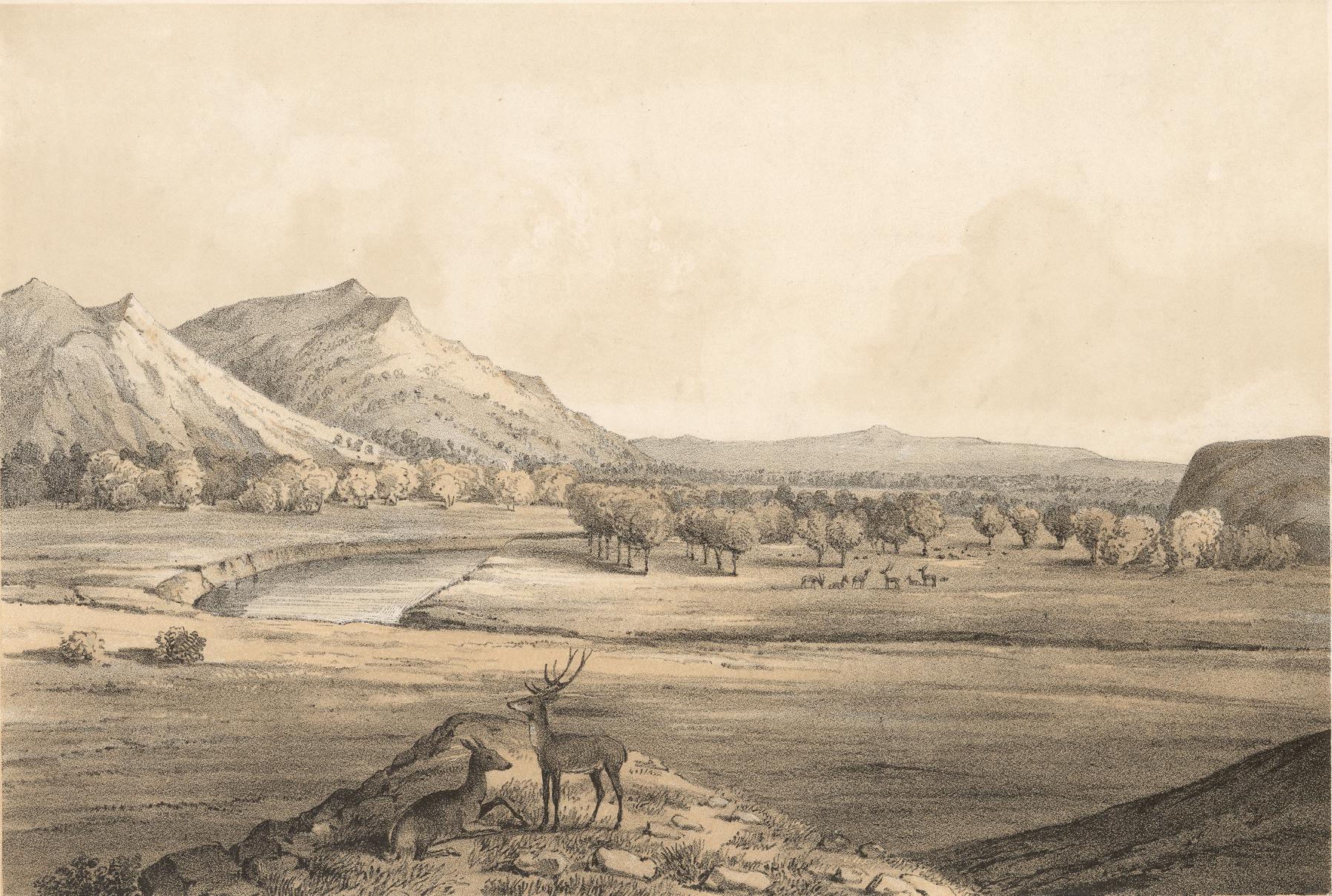
">
">
">
">
">
">
">
">
The Milk River: U.S. v Winters (1908) establishing Indian Reserved Water Rights |
Through the lens of environmental history, I study and teach the law and policy relationship between the Indian nations, the United States, the states, and the rivers that flow through the reservations in the west. The foundation law for my study is the 1908 Supreme Court decision, Winters v United States (1908), a decision that outlined what came to be known as the Winters Doctrine. Simply stated the decision declared the tribes' right to all water necessary to turn a nomadic culture to agrarian pursuits. This reserved water right, reserved by the tribe by implication, would continue through time regardless of whether the tribe used the water or not. Unlike non-Indian, state-sanctioned water appropriation, Indian reserved water rights may remain unquanitified. Finally exercised, the Indian reserved water right will determine water appropriation in the west. Tribes wrestle with the decision to quantify their reserved right, knowing that nothing will be more important in fixing the fluid boundaries of Indian sovereignty in this new century. It is my hope that my work may be useful in that endeavor. |

"Once in his life a man ought to concentrate his mind upon the remembered earth, I believe. He ought to give himself up to a particular landscape in his experience, to look at it from as many angles as he can, to wonder about it, to dwell upon it. He ought to imagine that he touches it with his hands at every season and listens to the sounds that are made upon it. He ought to imagine the creatures there and all the faintest motions of the wind. He ought to recollect the glare of noon and all the colors of the dawn and dusk."----N. Scott Momaday The Way To Rainy Mountain |
Indian Studies |

">
">
">
">
"Few people know the true definition of the "West" and where is its location? Phantomlike it flies before us as we travel." --G. Catlin |
Megan Benson, Ph.D. |